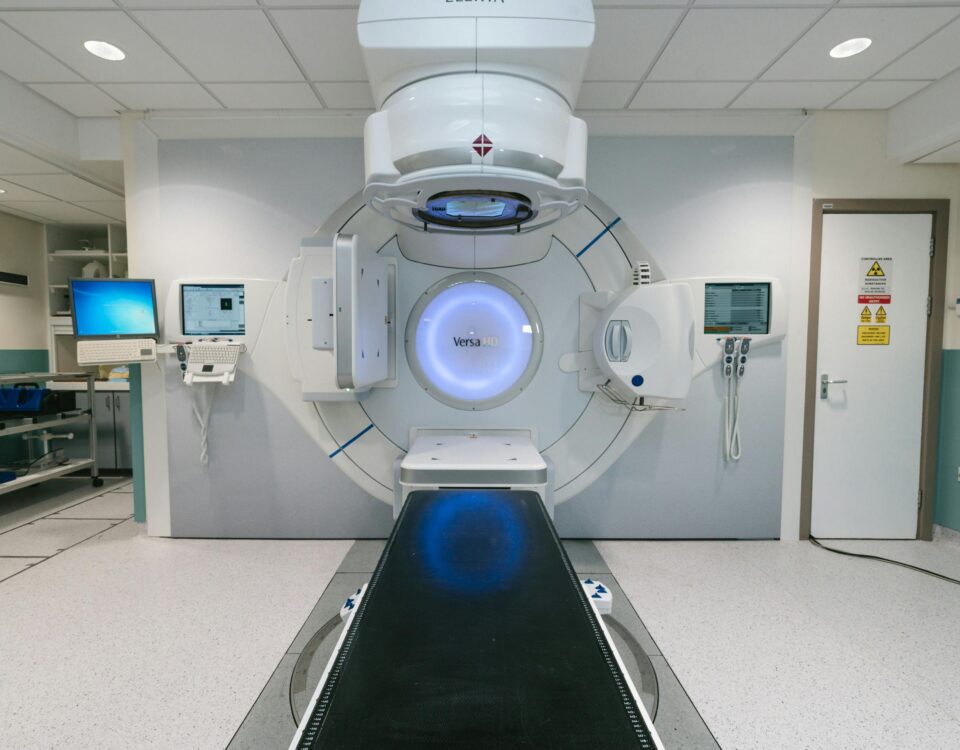
Signs and Solutions for Depression and Anxiety
October 3, 2025
How Home Sleep Testing Helps for Diagnosing Sleep Apnea
October 4, 2025Genetic counseling helps individuals and families understand how genetic information may impact their health and that of their relatives. This service involves reviewing personal and family medical history, discussing genetics and hereditary conditions, and providing an overview of testing options. Sessions may be held in person, offering accessibility for those seeking guidance on medical insights.
What Is Genetic Counseling?
Genetic counseling is a specialized service offered by healthcare professionals trained in medical genetics. The primary aim is to help clients understand genetic conditions, inheritance patterns, and available testing or management options. Genetic counselors gather detailed information about a person’s health and the health of their biological relatives to construct a family health history. This process can identify potential hereditary risks.
Counselors explain genetic principles, including what genetic tests may reveal. Counselors discuss potential outcomes, such as possible results and their implications. They can clarify the following steps if clients choose to undergo testing.
Who Is It For?
Genetic counseling serves those with a personal or family history of a genetic condition, those seeking information about their risk of developing a hereditary disease, and families considering pregnancy when there is a known inherited risk. This includes individuals with relatives diagnosed with genetic disorders such as cystic fibrosis, sickle cell anemia, or hereditary cancer syndromes. Family planning is a common context for this form of counseling. Pregnant individuals may be offered counseling following the results of screening or prenatal testing.
Genetic counseling also aids those who have already been diagnosed with a genetic condition. It can help clarify what a diagnosis means for the individual and their relatives, and support planning for future healthcare needs. There is no age restriction, and the process applies to people whose genetic conditions may impact health management. Healthcare professionals may refer patients to counseling under certain circumstances, including when multiple family members have the same disorder or when a specific disease has an early onset.
What Are the Benefits?
Genetic counseling provides access to accurate information about hereditary conditions and genetic testing. Clients receive support in understanding medical facts, inheritance patterns, and the likelihood of developing or passing on specific conditions. This can reduce uncertainty and help identify whether genetic testing may be informative.
By clarifying genetic risks and available options, counseling can aid in informed decision-making. Clients learn about different pathways for testing. This may include information on the available tests, their performance, and the potential results and their implications. Counselors also explain the potential benefits and limitations of testing.
This counseling can empower individuals by providing clear explanations and evidence-based recommendations. The process helps people and families understand how genetics can impact health, prepare for possible outcomes, and communicate effectively with healthcare providers. It also supports individuals in notifying at-risk family members.
Seek Professional Testing Services
Utilizing professional testing services in conjunction with genetic counseling provides a structured approach to exploring inherited health risks. Qualified professionals help guide the process, from gathering family history to interpreting test results, ensuring clients receive clear explanations and supportive guidance at each stage. This process supports informed choices about health and provides reassurance for individuals seeking clarity regarding their genetic background.





